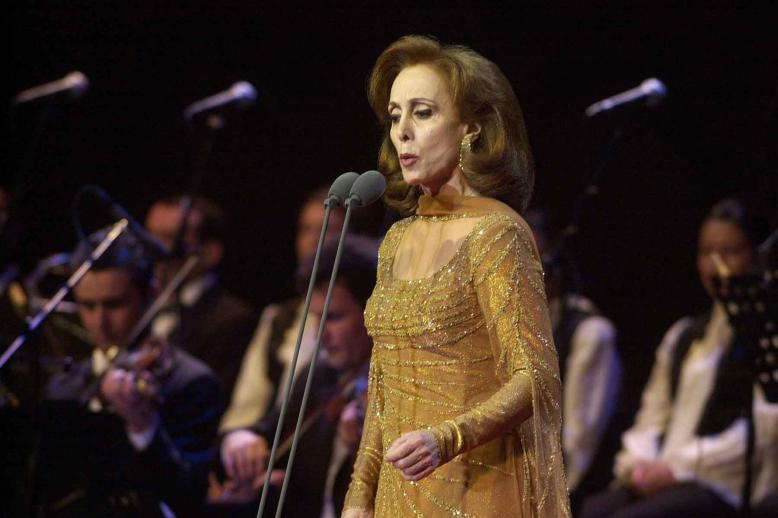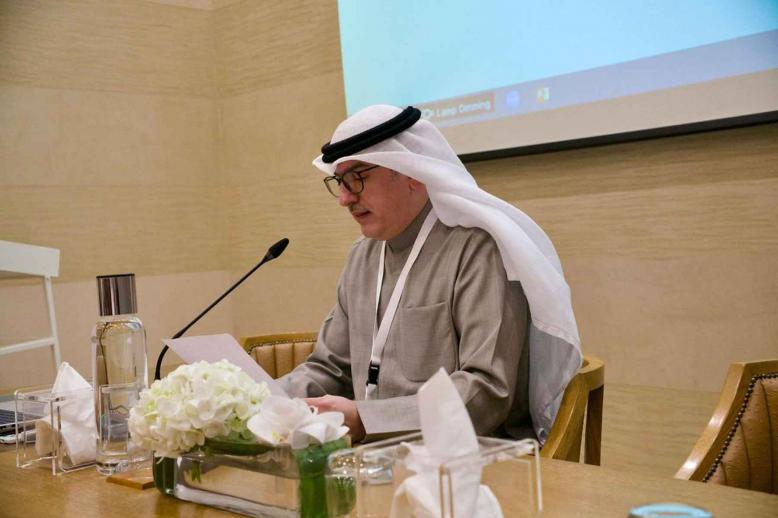First Netflix Arab production stirs controversy in Jordan
AMMAN - Netflix’s production of the first Arabic original series from the Middle East “Jinn,” an adult supernatural drama about magical genies in the ancient city of Petra, stirred controversy and elicited sarcasm in Jordan’s mostly conservative society.
The series was filmed in Jordan starring young Jordanian playing students whose lives were disrupted by a jinn, which they must stop before it destroys the world. In Arabic mythology, a jinn is a supernatural spirit below the level of angels and devils.
Despite its fictional depiction, the production explores the lives of teenagers who join forces to fight the jinn.
Jordanians were shocked by “bold” scenes considered taboo featuring students cursing, kissing in a school bus, being in a relationship, drinking alcohol and smoking. Many condemned the series and criticised the government for allowing it to air.
Jordan TV director Mohammed Amir, who did not work on the project, said he was surprised by the reaction that “Jinn” stirred.
“Definitely, some scenes were a bit daring but, at the end, this is all acting,” he said. “Many people watch Arab and foreign movies that have bolder scenes. I believe that it was a good move that Netflix filmed in Jordan and used Jordanian actors.”
“Sometimes you wonder how people focus on one scene and forget the whole episode and by that they exaggerate things and this is a disappointment to everyone working in the film industry,” he added.
The Jordanian Syndicates Council denounced the work, saying “Jinn” does not reflect the values of the Jordanian society and called for tougher government control.
The Reform Parliamentary Bloc in parliament lambasted the government over the series, which they said “distorts the image of Jordan, its people and its inherent values” and called for “punishing all those who contributed to the disgraceful work.”
“Everyone is entitled to have his own opinion but let us not exaggerate things and focus on the experience itself,” Amir said. “Jordan has hosted the filming of famous movies before and it was good for the country.”
Netflix MENA issued a statement on Twitter calling the attack on its first Jordanian production “a wave of bullying against the cast and staff of the series.” It said it would “not tolerate any of the abusive behaviours and insults to the staff.”
“Jinn” premiered in more than 190 countries, dubbed in six languages and subtitled in even more languages.
Jordan is no stranger to having its locations featured on film and has been the cradle of several big Hollywood productions that used the country’s Mars-like terrain and the facilities provided by the Royal Film Commission, which aims to develop an internationally competitive Jordanian film industry.
“Indiana Jones and the Last Crusade” (1989), “Transformers: Revenge of the Fallen” (2009), “The Martian” (2015) and “Rogue One: A Star Wars Story” (2017) are among movies that were filmed in Jordan. Scenes of Disney’s big-budget “Aladdin,” starring Will Smith, were filmed in Jordan’s Wadi Rum.
The Royal Film Commission issued a statement pointing out that its role is to facilitate and encourage local productions and attract foreign productions in general. It said, “Jinn” is shown on Netflix, which is available in 90 countries, but it is not broadcast on an open platform and the series is fictional, not a documentary.
“I am sure many people who started this campaign have not seen the whole series and only watched the scenes that were circulated on social media and they built their opinion based on a couple of scenes that can be found anywhere,” said viewer Rami Jazrawi.
“We should not turn a blind eye on things that already exist in our society.”
In addition to the criticism was sarcasm on social media with users joking and retweeting humorous photos depicting a notable scene from the five-episode series. Others encouraged users to post their opinion.
“Really, I can easily say that many people in our society have such a great sense of humour, especially making fun of one particular scene in which the actress asks her friend to take it slowly while he was kissing her and this became a hit everywhere. “So now whenever people hear the term ‘slowly, slowly,’ they start laughing,” said Aya Thabeet, 23
“In my opinion, I think they could have deleted these scenes, cut out the bad words and just make it a normal supernatural TV series so people can move on with their life,” she added.
The Arab Weekly tried to contact the director and actors of “Jinn” without success. Netflix MENA declined to make a comment.
Roufan Nahhas, based in Jordan, has been covering cultural issues in Jordan for more than two decades.
This article was originally published in The Arab Weekly.







